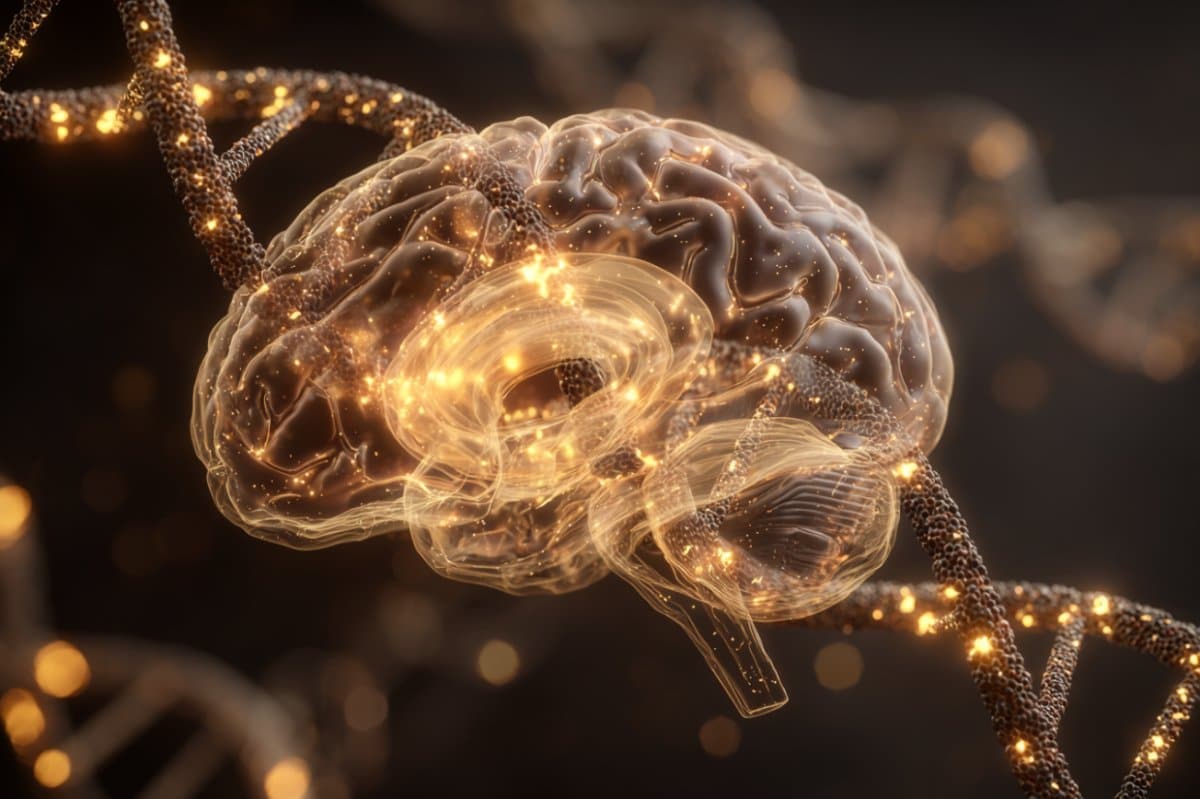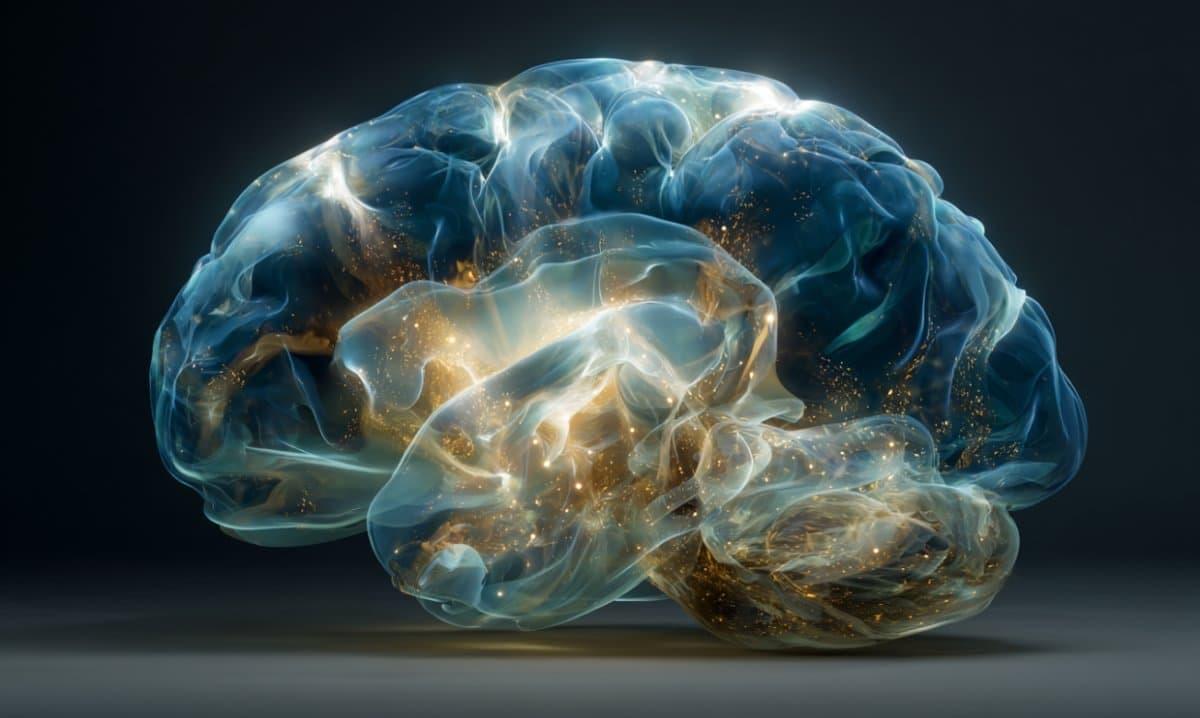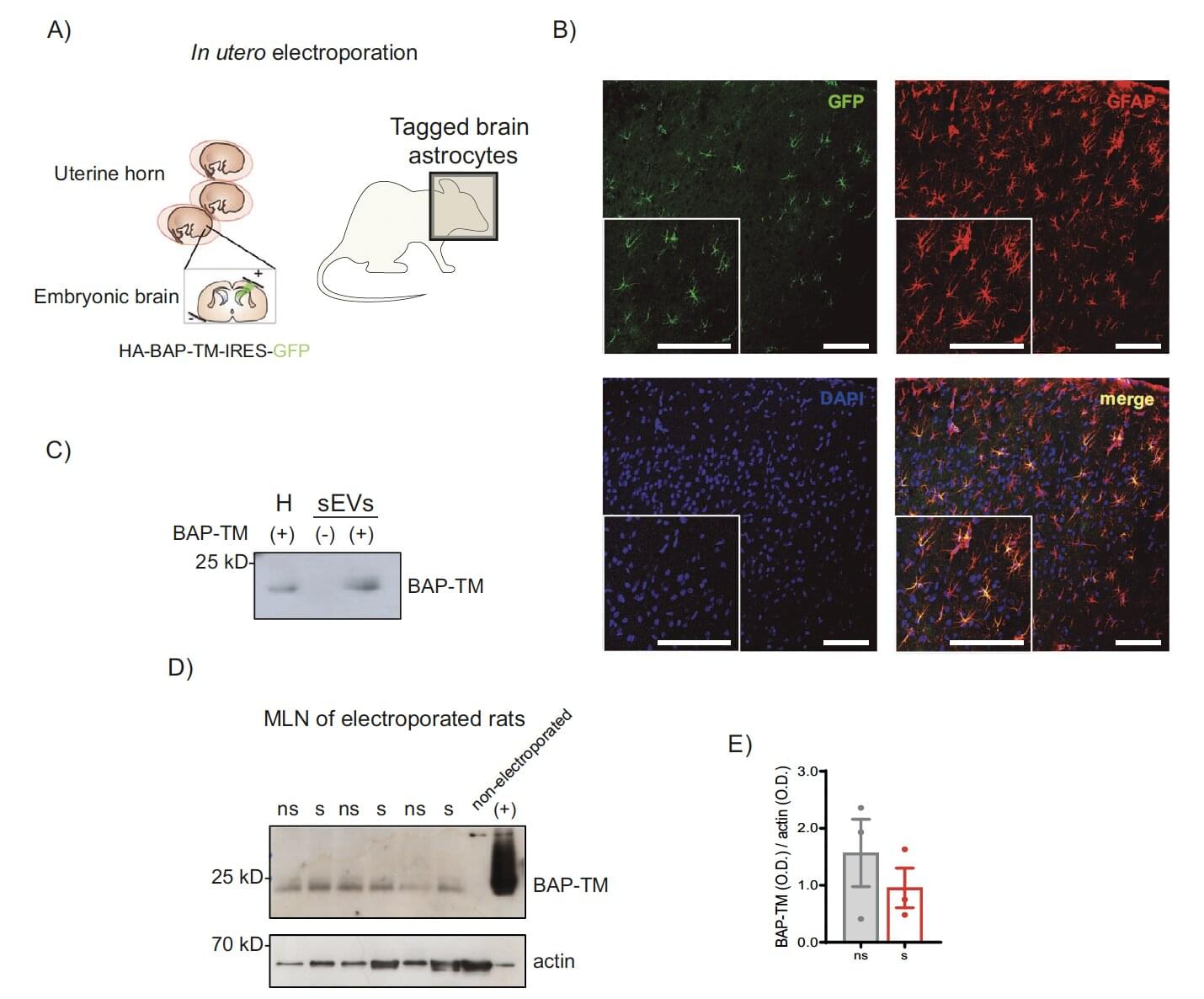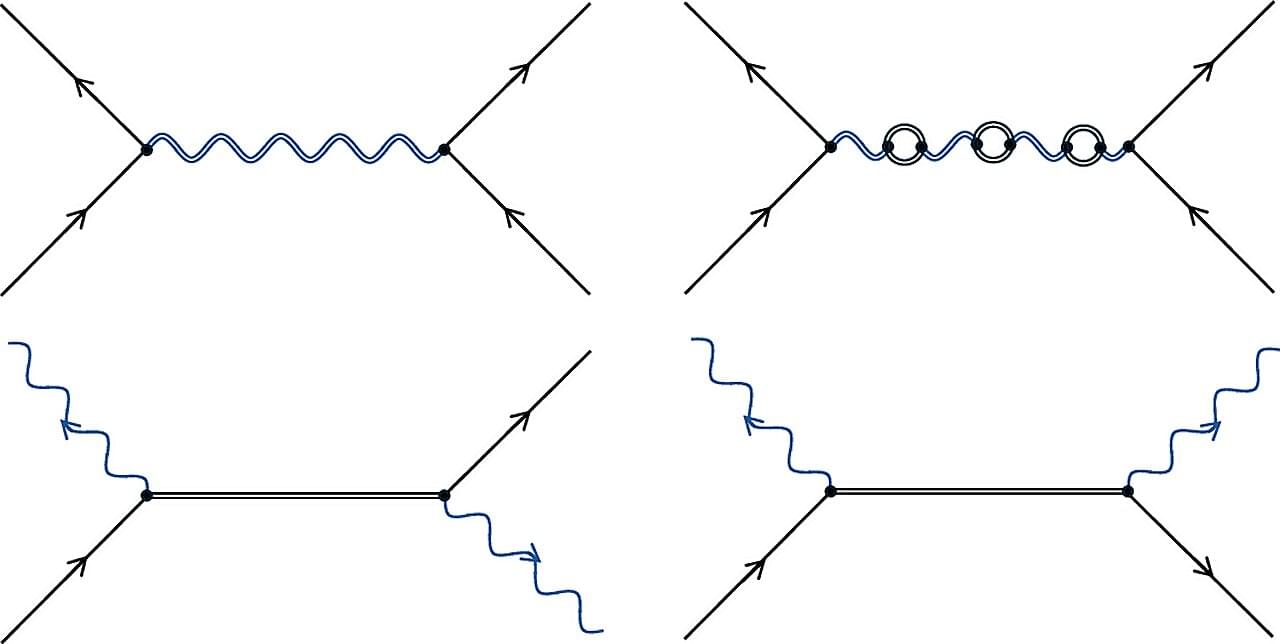Confining and rotating extremely cold atoms or molecules within atomic “Ferris wheels” made from laser light could test relativity’s predictions on the quantum scale



Metabolism guides the activation states of regulatory T cells, the immune cells that prevent inappropriate activation of the immune system. St. Jude Children’s Research Hospital scientists recently uncovered how mitochondria, the powerhouse of cells, and lysosomes, cellular recycling systems, work together to activate and deactivate these immune controllers. Their discoveries carry implications from understanding autoimmune and inflammatory diseases to improving immunotherapy for cancer. The findings were published today in Science Immunology.
When the immune system identifies and responds to a threat, it creates inflammation to combat the problem. A subset of immune cells, called regulatory T cells, also become activated and ensure that the inflammation is properly controlled. They return a tissue to normal once the threat is neutralized. Regulatory T cells play such an important role that the 2025 Nobel Prize in Physiology or Medicine was awarded in recognition of their original discovery.
When regulatory T cells don’t function properly, people can develop tissue damage from uncontrolled inflammation or autoimmune disorders due to the immune system being inappropriately activated. Despite their importance, the precise molecular process driving regulatory T cell activation has been unclear. This limits the capacity to harness these cells to treat autoimmune or inflammatory disorders.



On Prince of Wales Island, Alaska, gray wolves are doing something unexpected: hunting sea otters. This surprising dietary shift appears to have notable implications for both ecosystems and wolf health, but little is known about how the predators are capturing marine prey. Patrick Bailey, a Ph.D. candidate at the University of Rhode Island, is researching these understudied behaviors of gray wolves.
Using a creative mix of approaches—including wolf teeth samples and trail cameras—Bailey is exploring how coastal gray wolves are using marine resources, what this suggests about their behavioral and hunting adaptations, and how these adaptations differentiate them from other wolf populations.
On land, gray wolves are known to play a vital ecological role because of their ability to regulate food webs. “We don’t have a clear understanding of the connections between water and land food webs, but we suspect that they are much more prevalent than previously understood,” says Bailey, a member of Sarah Kienle’s CEAL Lab in the Department of Natural Resources Science. “Since wolves can alter land ecosystems so dramatically, it is possible that we will see similar patterns in aquatic habitats.”


Nicotinamide, a vitamin B3 derivative, could significantly reduce skin cancer risk. The corresponding study was published in JAMA Dermatology.
“There are no guidelines for when to start treatment with nicotinamide for skin cancer prevention in the general population,” said the study’s corresponding author, Lee Wheless, MD, PhD, assistant professor of Dermatology and Medicine at Vanderbilt University Medical Center in a press release.
“These results would really shift our practice from starting it once patients have developed numerous skin cancers to starting it earlier,” he added.


Inflammatory bowel diseases (IBDs), such as Crohn’s disease and ulcerative colitis, are chronic and autoimmune conditions characterized by the inflammation of the intestinal tract. This inflammation can cause nausea or vomiting, diarrhea, abdominal pain and cramping, fatigue, fever, and various other debilitating symptoms.
While the underpinnings of IBDs have been widely investigated, the factors that can contribute to its emergence have not yet been clearly elucidated. Past findings suggest that the symptoms of these diseases are often exacerbated by psychological and emotional stress.
Researchers at Universidad de los Andes and the Center of Interventional Medicine for Precision and Advanced Cellular Therapy (IMPACT) in Chile recently carried out a study aimed at shedding new light on the neurobiological mechanisms via which stress could worsen IBDs. Their findings, published in Molecular Psychiatry, hint at the existence of a brain-to-gut communication pathway that is mediated by small communication vehicles known as small extracellular vesicles (sEVs), which are released by astrocytes.

Unifying gravity and quantum theory remains a significant goal in modern physics. Despite the success in unifying all other fundamental interactions (electromagnetism, strong force and weak force) with quantum mechanics and many attempts at explaining a “quantum gravity,” scientists are still coming up short. Still, some believe we are getting closer to determining whether these two theories can be combined or whether they are truly incompatible.
A major contender for proving or disproving whether gravity is quantum is Richard Feynman’s proposed experiment to test if gravity can entangle two massive objects. In theory, such entanglement would indicate quantum behavior. While it was not actually feasible to do this experiment in 1957, when Feynman came up with the idea, new scientific advances are bringing it closer to reality.
However, a new study, published in Nature, claims that it’s a little more complicated than this. The researchers involved in the study determined, through their calculations, that entanglement is not necessarily evidence of quantum gravity—and that classical gravity can generate this entanglement in some cases too.